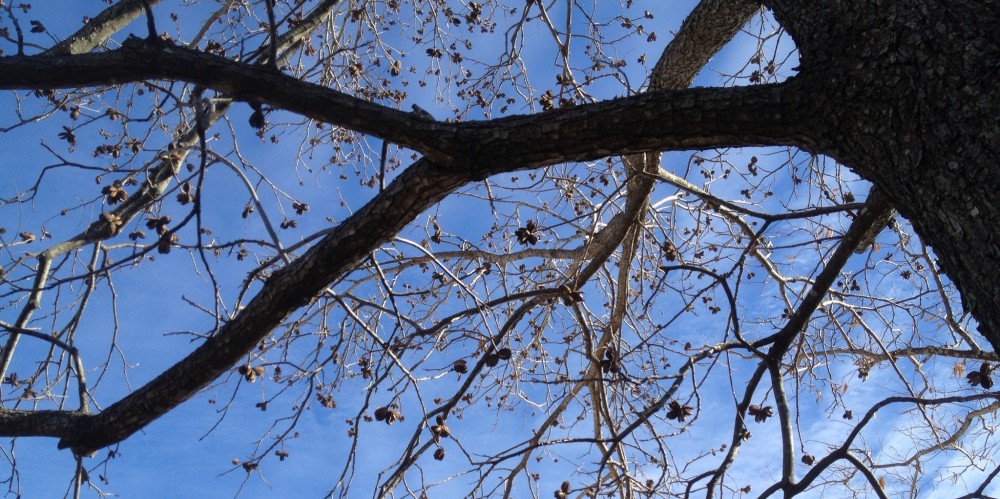“Seek the wisdom of ages, but look at the world through the eyes of a child.” Not bad, if I’d said so myself. I hadn’t. Ron Wild had, according to the Internet attributions. I cannot find more about this Ron Wild than his very telling quote, but I was about to find more about his words.
“Grandpa, let’s name them.”
My granddaughter and I had discovered a box of yard art in the garage and were washing the objects in the grass.
“Please do,” I agreed. “What should this rabbit be called?”
Now, this hollow yard-art rabbit had an interesting story. (By the way, “yard art” are statues and things that folks in the United States use to decorate their outside flower beds and yards.) Years ago, I had found and placed this rabbit in a Houston bed of blooms beneath a budding crepe myrtle tree. Unbeknownst to me, fire ants had taken up residence inside the bunny. One day, I heard a scream and ran to find the bare legs of a little neighbor girl covered with stinging ants. (Another aside, fire ants crawl upon their victim and wait for a mysterious signal causing them all to sting at once on cue – an insidious and most unendearing trait.) I was planting, so I had a hose nearby. I sprayed off the little one’s legs, ran to the garage for the spray bottle of window cleaner, and returned to soak her swelling legs with the cleaner. (A secret of fire ant bites is that a dilute solution with just a bit of contained liquid ammonia, like a window cleaner, will neutralize the poison, take away the stinging and prevent any scarring.) Saved by the spray, the little one’s tears dried and she was off to play some more. I, for one, gave that rabbit a good talking to, moved the bunny to solid ant-free ground and returned often to check its interior for intruders.
“I think Isis is a good name for a rabbit. Don’t you Grandpa?”
My thought shifted with this curiously fitting pronouncement. In ancient mythology, Isis is an Egyptian goddess, the ideal mother and wife . . . and the protector of children. Perhaps we were dealing with a reformed rabbit. I knew my granddaughter in the third grade was studying Greek and Roman gods and goddesses. Apparently, her teacher had bridged to the even older ways and names of the Pharaohs of the Nile.
“An excellent choice,” I agreed, smiling with my shifting sight. “Now, what name would you like for this duck?”
“Blueberry,” my young relative answered with a simple immediacy.
One does not question the wisdom of a child. It is far too much fun to listen and enjoy the thoughts. In my head, I could see Blueberry sitting coldly on my balcony patio in Uptown Dallas in early January two years past, a crown of snow forming on his head, feet buried in freezy white fluff, wishing wooden thoughts of a nice warm blueberry to munch for lunch. Blueberry is made of wood and he doesn’t eat, but it was a warm day today and I did have some blueberries inside. Maybe I’d leave one by the webbed feet of Mr. Blueberry and see what would happen.
“That name works nicely,” I said. “And, these two, what are their names?”
The thinking cap was on. Some seconds passed as my granddaughter’s weight shifted from foot to foot and a small young finger pointed here and there into the air.
“Hmmmm. . . .” The little head moved slowly, cogitating deeply, stopping abruptly and announcing theatrically: “They are. . . . Fluff and Duff. Yes, their names are Fluff and Duff. Fluff is roosting and Duff is preening. A mom and a dad.”
Good words for a third grader. Roosting and preening. And, right-on. The two little birds had been a gift from my Mom and Dad.
It is a joy to observe the machinations of an innocent and uncluttered mind and wonder at what they can see that we can only guess.
“That should do it,” I concluded.
Placing the newly named members of the yard-art family around the potted plants, I glanced at a smiling hydrangea, my wife’s favorite blossom of springtime.
“The flowers seem to approve,” I nodded.
“Of course, Grandpa, they already knew the names.”
The wisdom of a child should always surprise.
Grandpa Jim




